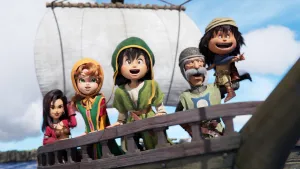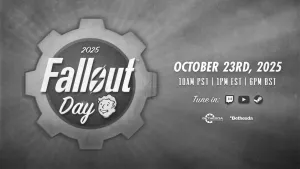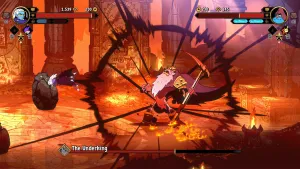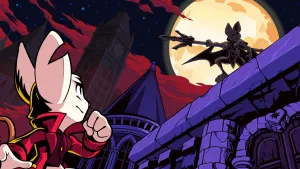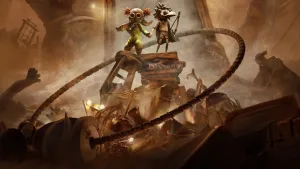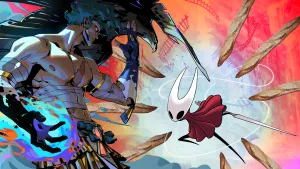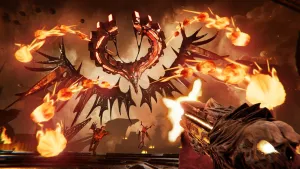Rift: Planes Of Telara’s Dynamic Content Sets It Apart
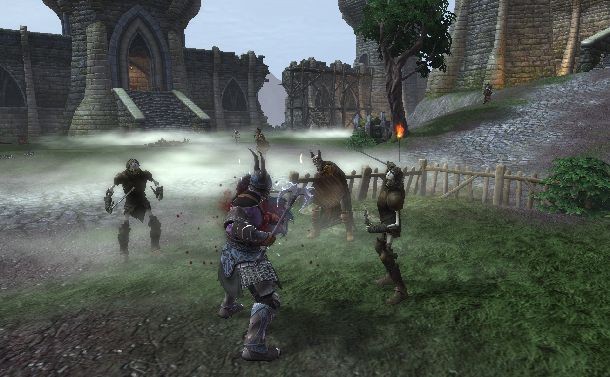
Not many companies are trying to make a traditional subscription-based high fantasy PC MMORPG any more, but new developer/publisher Trion Worlds is doing just that with Rift – and they might just pull it off if the game’s solid E3 showing is any indication.
Rift cribs much of its design from familiar sources. MMO players will be right at home with its auto-attack-with-ability-buttons combat and high fantasy setting. Trion is banking on the game’s dynamic content system to differentiate it from the pack. Rifts are dynamically generated all the time, putting the world of Telara under siege by murderous forces from the elemental planes.
Trion’s unique technology allows it to dynamically stream randomly generated rifts wherever it wants. These events look similar to Warhammer Online’s public quests, with stages being completed as players accomplish objectives and loot given out at the end based on participation. The difference is that they randomly pull content from the huge bank of possibilities that Trion plans to have ready for launch. One fire rift, for example, will be unique from another fire rift – and the several elemental planes are all radically different from each other.
These rifts are more than loot bags that players run around popping. They alter the landscape and monsters around them, twisting animal, vegetable, and mineral with their chaotic forces. There will be consequences to not closing them, though Trion is still developing that portion of the feature and isn’t sharing details yet. It’s probably a safe bet to assume that the dynamic content generation tech behind the rifts will be put to as much use as Trion can squeeze out of it.
Rift’s character progression is also worthy of note. Though it looks similar to World of Warcraft’s talents at first glance, the “heroic souls” system is much more interesting. At creation, characters choose a calling: mage, cleric, warrior, or rogue. Within this archetype, two choices of profession are available. For instance, a rogue could choose to be a blademaster or a ranger. This determines the skill tree you initially have access to. The upper part looks like a WoW tree, with skills leading to other skills and a gated progression depending on how many points you dump into it overall. Below, a set of core active abilities unlocks automatically, also based on your investment in the tree. All rangers, for instance, will have the basic bow-shooting abilities they need to fulfill their core role. These “roots” of the tree also form your basic skill progression; all ability acquirement is through the heroic soul system.
As you complete quests, kill mobs, and generally do your MMORPG thing, you collect heroic souls. Each one of these is a whole new skill tree to explore. At levels 15 and 30, you gain the ability to equip a second and third tree concurrently, so long as they're compatible with your calling. Imagine, for instance, having an entirely new talent tree drop when you finally kill the Lich King. While you can’t choose them on the fly, you’ll be able to save tree loadouts and point assignments to some extent – Trion gave the example of being able to flip between your raiding and PvP skillsets at town, even though they may use entirely different souls.
A neat dynamic content generation system and cool character progression do not a complete MMO make, but they do form a good foundation. Trion still has a lot of questions to answer about social features, combat diversity and character class interaction, and endgame viability. For now, though, it’s nice to see a premium MMO with potential.

Get the Game Informer Print Edition!
Explore your favorite games in premium print format, delivered to your door.
- 10 issues per year
- Only $4.80 per issue
- Full digital magazine archive access
- Since 1991
